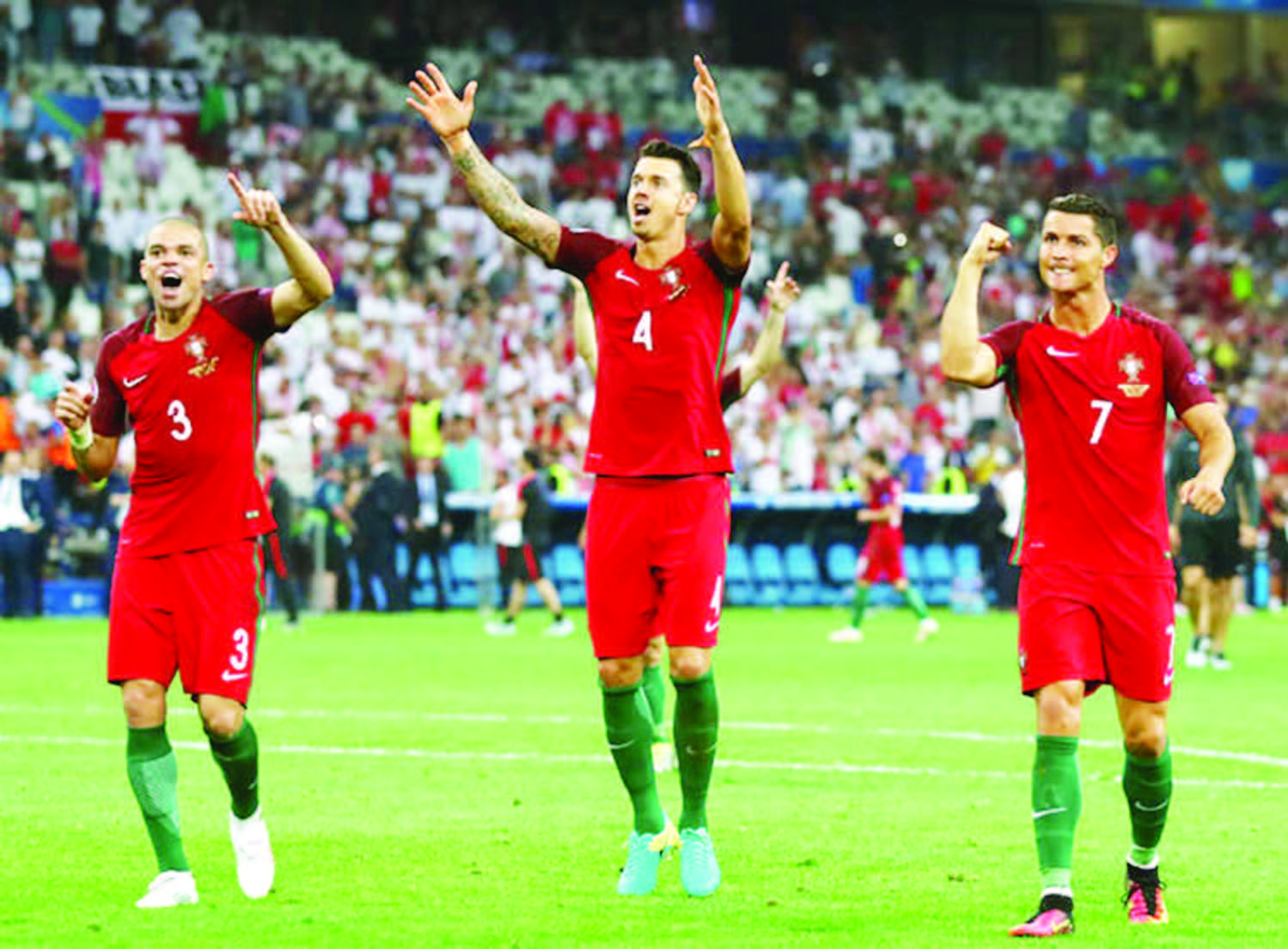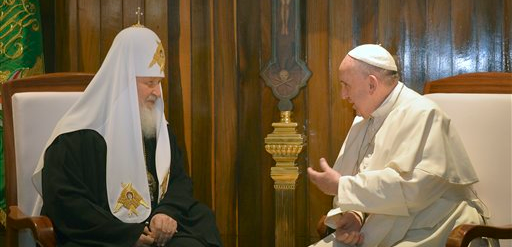
White House calls on Russia to refrain from ‘provocative actions’ amid concern Putin could be planning military intervention
WASHINGTON (TIP): The United States on February 27 warned Russia that military exercises planned near the border of Ukraine could “lead to miscalculation”, hours after pro-Moscow gunmen seized government offices in the region of Crimea and raised a Russian flag. The secretary of state, John Kerry, said he had been reassured by his Russian counterpart, Sergei Lavrov, that Moscow was not behind the storming of Crimean government buildings and would “respect the territorial integrity of Ukraine”.
In a brief appearance before reporters in Washington, Kerry said he had discussed the situation in Ukraine over the phone with Lavrov. “We believe that everybody now needs to step back and avoid any kind of provocations,” Kerry said. Late on Thursday the US vice-president, Joe Biden, spoke with Ukraine’s interim prime minister, Arseniy Yatsenyuk. Biden promised Ukraine’s new leadership the full support of the US, a White House statement said.
Earlier, the White House called on Moscow to “avoid provocative actions” and said it would be closely monitoring four days of Russian military drills that are due to begin on Friday, amid concern that Russian president Vladimir Putin could be contemplating military intervention in Ukraine. “We strongly support Ukraine’s territorial integrity and sovereignty,” White House spokesman Jay Carney said. “We expect other nations to do the same.
And so we are closely watching Russia’s military exercises along the Ukrainian border … We urge them not to take any steps that could be misinterpreted or lead to miscalculation during a very delicate time.” The remarks echoed the message delivered earlier in Brussels by the defence secretary, Chuck Hagel, who urged Russia to tread cautiously during what he said was “a time of great tension”. “We expect other nations to respect Ukraine’s sovereignty and avoid provocative actions,” Hagel told a press conference at a Nato defence meeting in Brussels. Pressure is mounting on Washington to do more to shore up Ukraine’s embryonic leadership, which has taken over from the former president Viktor Yanukovych, who has fled the country.
The country is facing a potential financial crisis and nascent rebellion in the largely pro-Russian east and south. Earlier on Thursday heavily armed men, some holding rocket-propelled grenade launchers and sniper rifles, reportedly took over the local parliament in Crimea’s regional capital, Simferopol. A Russian flag was hoisted at the site, where previously there had been clashes between pro- and anti- Russian protesters, as well as a sign saying “Crimea is Russia”.
The Obama administration has committed financial support to Ukraine and is working with the International Monetary Fund and European Union to draw up a package of loans and other financial support. It also strongly backed the protest movement which brought about the departure of Yanukovych. However, the administration is seeking high-level contact with Moscow over the crisis, and has been downplaying suggestions of a cold-war style confrontation with Russia. Carney emphasised the importance of Ukraine’s new government protecting Russian minorities in the country, and said that a desire to move Ukraine closer to Europe should not exclude the maintenance of “cultural and economic” ties to Moscow.
Ukraine’s interim president, Oleksandr Turchynov, said on Thursday “all necessary measures” would be taken to seize back government buildings in Simferopol, according to the Interfax news agency. He also warned Russia against moving military personnel in a naval base in Crimea. “Any movements of troops, especially with troops outside that territory will be considered military aggression,” Turchynov said. Putin ordered the urgent four-day drill of armed forces in western Russia, which borders some parts of Ukraine – though not the Crimea region, to the south – on February 26. Moscow is insisting the exercises are routine drills, but they have been widely interpreted as sabre-rattling by Putin.
Russia also reportedly put fighter jets near the border on alert as it warned of “a tough and uncompromised response to violations of compatriots’ rights”. Kerry said on Wednesday that a Russian intervention would be a “grave mistake”. “For a country that has spoken out so frequently … against foreign intervention in Libya, in Syria, and elsewhere, it would be important for them to heed those warnings as they think about options in the sovereign nation of Ukraine,” he said.
Hagel adopted adopted a more conciliatory tone on Thursday, telling reporters the US wanted Moscow to be “transparent” about its intentions. Nato head Anders Fogh Rasmussen said he had no indication that Russia planned military intervention in Ukraine. “The Russians informed us about this and made clear that this exercise has nothing to do with events in Ukraine,” he said. Also on Thursday, the Crimean regional parliament voted to hold a referendum over independence from Kiev on 25 May. Ukraine’s presidential elections, when the country will elect a replacement for Yanukovych, are scheduled for the same day. Yanukovych is insisting he remains president of Ukraine, despite being in exiled in Russia. He will give a press conference in southern Russia on Friday. The White House dismissed Yanukovych’s claims to be the legitimate leader of Ukraine. “It is hard to claim you’re leading a country when you’ve abdicated responsibility and disappeared,” Carney said.





Be the first to comment